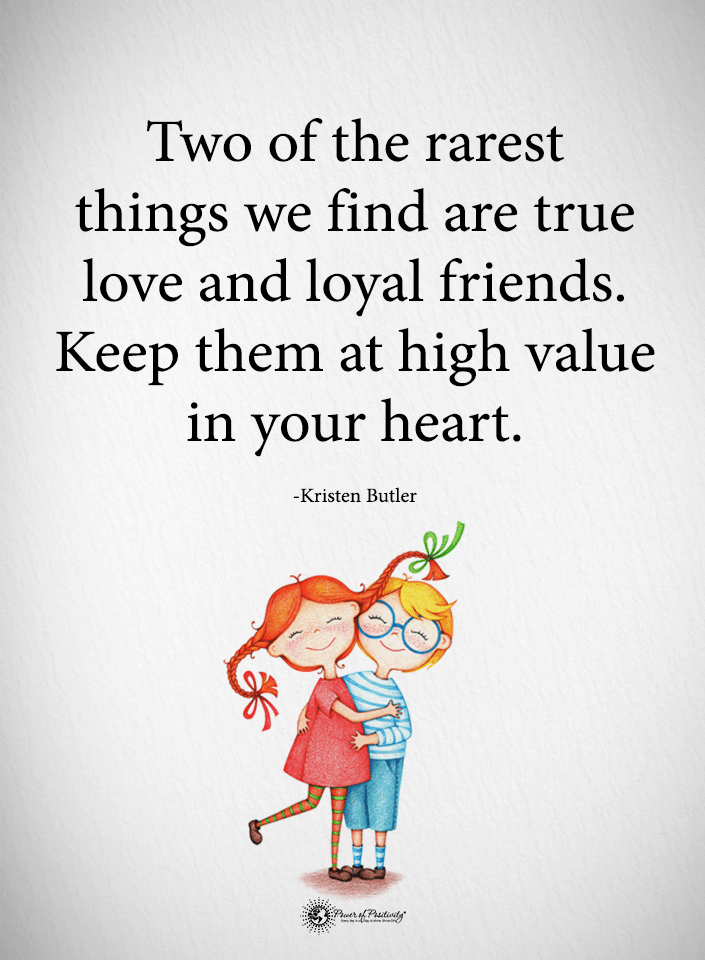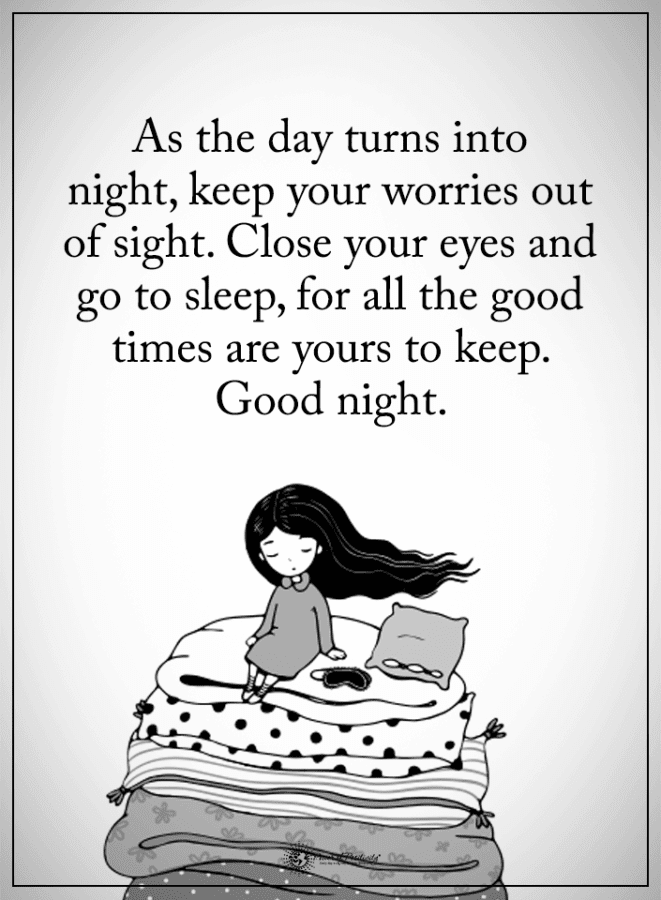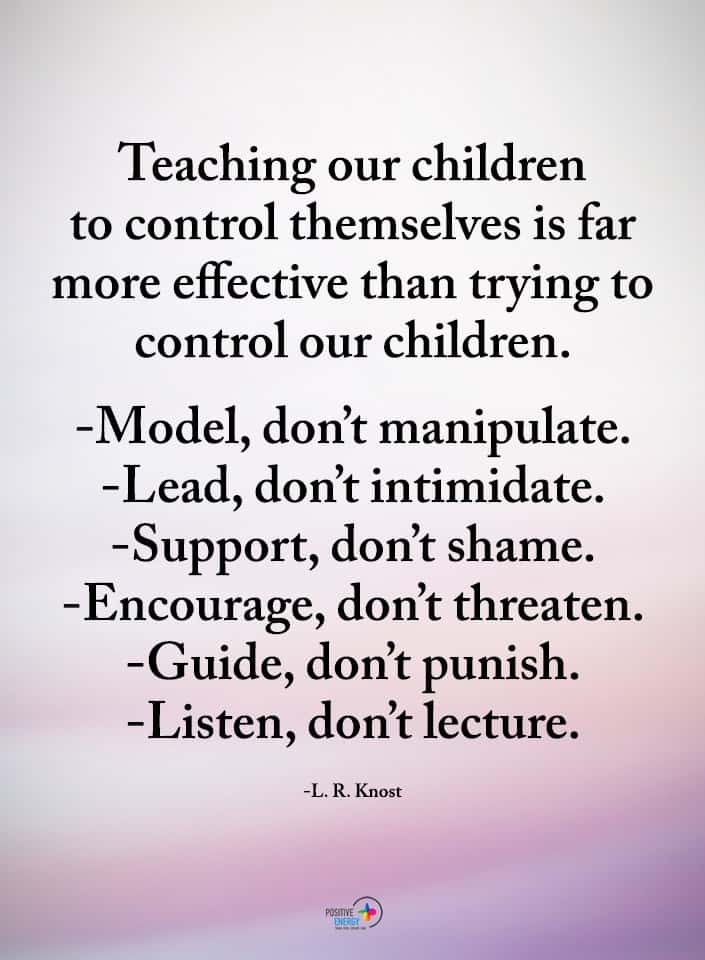Love, the elusive force that drives us, elates us, and leaves us longing for companionship. In the depths of our hearts, we yearn for a relationship that brings joy, understanding, and fulfillment. Yet, despite our fervent desire for love, could it be possible that our behaviors are unwittingly hindering us from finding that perfect partnership we seek?
As we navigate the intricate labyrinth of relationships, we must delve into the hidden patterns and subconscious actions that may sabotage our quest for lasting love. Join us on this captivating exploration. This article will uncover the ten behaviors that may unknowingly obstruct your path to a relationship that aligns with your deepest desires.
Prepare to unearth the truths about your attachment style. We will explore how your childhood experiences shape your adult relationships. Discover the profound impact your judgmental tendencies can have as we unravel the enigma of deal breakers and the art of fair evaluation. Dare to challenge the standards you set for yourself and others as we dissect the fine line between healthy expectations and unrealistic fantasies.
We’ll navigate the treacherous waters of jadedness together, exploring how the ghosts of past heartbreaks can cast a shadow over new connections. Delve into the depths of self-esteem and self-love. We will uncover these factors’ profound influence on our ability to attract and sustain meaningful relationships.
Finally, brace yourself as we confront the paralyzing fear that keeps you from embracing true love. We will also dive into your unspoken fears:
- Fear of commitment
- Fear of vulnerability
- And the fear of what lies beyond the horizon of a promising connection.
10 Behaviors That Keep You From Finding A Relationship That Works
Is it possible that your behavior might be keeping you from finding a relationship that works?
Although you might think you are ready for love, there are some ways that we self-sabotage our desires regarding relationships. Let’s look at the ten behaviors that keep you from finding a relationship that will suit your needs.
1. You’ve yet to heal from the hurt of your childhood
Psychologists call your adult relationship style your ‘attachment style’ and say that how you bond with a romantic partner is based on how you learned love as a child. If your childhood years were not happy, it takes a lot of healing to find a relationship that works.
Psychologists at Texas A&M University, who looked at 144 dating couples found that those with anxious or avoidant attachment styles had more negative emotions and fewer positive emotions in their relationships.
The partners with secure attachment styles were the ones who had the most positive emotions and the least negative emotions during their relationships.
2. You apply the deal breaker rule to every date
Man Hands, Close Talker, and the Double Dip were all reasons that characters on the TV show Seinfeld had to dump their dates. If you give your dates deal-breaker status based on their negative behavior, that is totally unfair.
Sure, we all have deal breakers that will get under our skin so we know to avoid those types of people, but you’re not perfect either. Labeling your partner’s negative behavior while ignoring their positive traits is not giving them a fair deal.
This may be one behavior that is keeping you from finding a relationship that works. Try focusing on the positive aspects of your next partner.
3. Your standards are too high
You are looking for a never-married lawyer in his forties who graduated from Yale and has a mansion, convertible, and perfect abs?
Looking for someone who is either out of your league or would have no reason to find value in you as a partner is one possible reason you haven’t found a relationship that works.
4. Love has made you jaded
You are stuck in the negativity, regret, and resentment about your past relationships, which is keeping you from finding a relationship that works. Who wants to be with someone who is only focused on the negative?
No one you should want to be with, that’s for sure. Try to find the lesson from these past loves, let go, grow, and open yourself up to only positives.
5. Low self-esteem
Low self-esteem is one possible trait that keeps you from finding a relationship that works. It’s hard to love someone else fully until you can say the same about your relationship with yourself. Let’s focus on you for a while and then look for romance.
6. You’re afraid of what would happen if you did find the right person
Fear is not uncommon for those who are single, and in this case it’s the fear of finding a relationship that works. Sometimes you fear losing your freedom, or losing the potential for another romantic partner who could be even better and who might come along when you aren’t available.
Sometimes, a fear of success keeps you from true love.
7. You’re pursuing someone who isn’t single
Maybe he or she will leave their spouse, but in the meantime, you’re tying yourself up with someone who isn’t available, which means you are also not available to find someone looking for you.
8. You think you have to give up who you are to be in a relationship
You should never have to sacrifice your personality for a romantic partner, so resolve never to let that happen and be ready for a love where you can still be yourself AND be in a relationship that works.
9. You keep repeating the same behaviors in relationships
Similarly to your attachment style, if you are repeating old patterns of unhealthy relationship behavior, you may have some personal growth before you can be in a relationship that works.
Living in the past will not work for you in a relationship. Your partner wants you to live in the here and now with them, and if you can’t let go of old, negative habits that don’t serve you, you can’t have a healthy relationship.
Researchers at the University of Rochester and the University of Georgia looked at mindfulness and relationship satisfaction and found that ‘greater practice of mindfulness on a given day predicted improved relationship happiness, stress coping efficacy, and lower relationship-specific and overall stress.’
Letting go of the past, and avoiding worrying about the future, keeps you mindful and aware of the joy that is found in each moment with your romantic partner. Of course, that is a great way to have an emotionally healthy relationship that works well for both of you.
10. You find it hard to trust
We get it; putting yourself out there to potentially be hurt can be emotionally scary, but you have to take a risk if you want the big payoff. It’s better to have loved and lost than not to have loved at all. To have a deep love, you first must have trust, because that vulnerability to being hurt is a requirement of love. Otherwise, you share a closed heart with someone, keeping you from finding a relationship that works.
Final Thoughts on Behaviors That Block You From Finding Loving Relationships
Finding a relationship that works can be a complex journey influenced by various factors. However, addressing certain patterns and behaviors can increase your chances of building a fulfilling and successful romantic partnership. Recognizing and addressing these potential obstacles can enhance self-awareness and improve your relationship choices. It will also increase the likelihood of finding a loving and compatible partner. Remember to be patient, kind to yourself, and open to the journey of love and growth.













